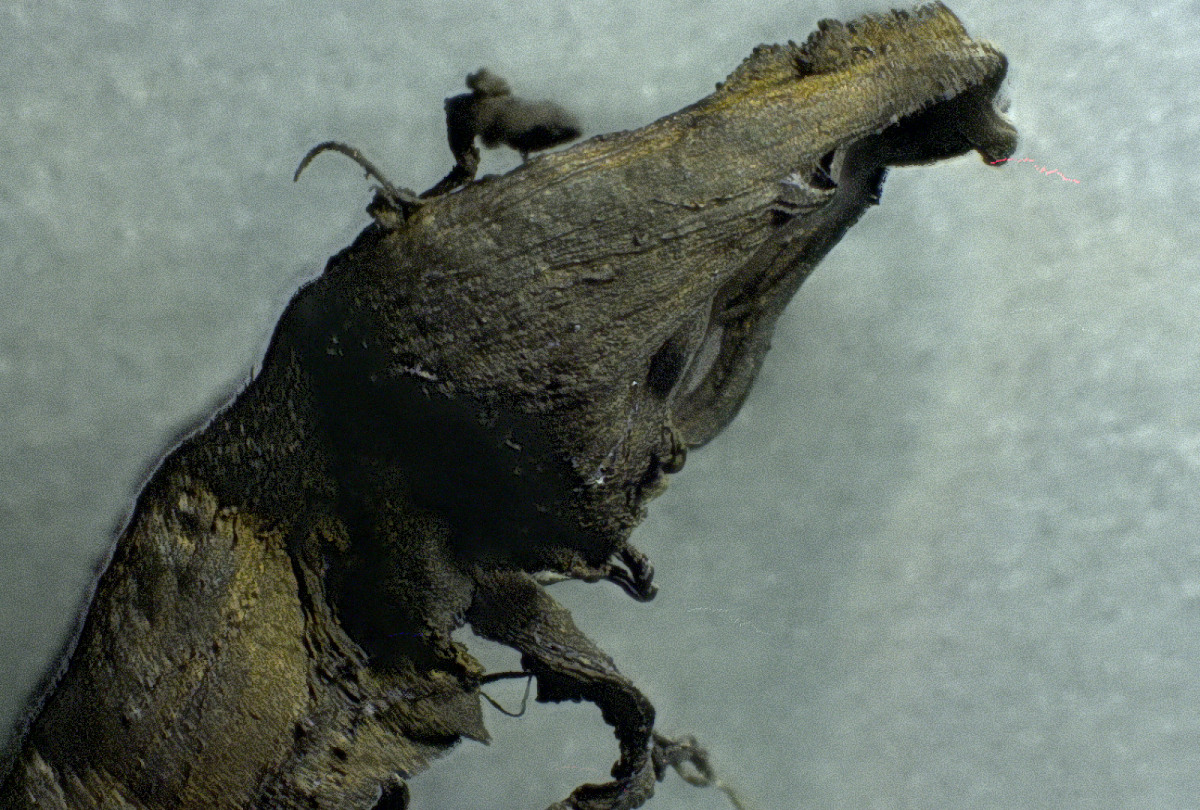Study finds cannabis flavonoids help fight pancreatic cancer
11/05/2020 / By Cassie B.

Pancreatic cancer has long been one of the most challenging types of cancer to treat, and its low survival rate makes it one of the deadliest types of the disease. With a five-year survival rate of only 9 percent, it is on track to become the second-leading cause of cancer death among Americans. However, a recent discovery by researchers from the Dana-Farber Cancer Institute at Harvard University could change the way this disease is treated dramatically.
Their research focused on flavonoids that were synthesized from the cannabis plant. Flavonoids are compounds that are found in many plants, vegetables and fruits, and this one showed significant therapy potential for treating pancreatic cancer.
One of the study’s researchers, Dr. Wilfred Ngwa, said: “The most significant conclusion is that tumor-targeted delivery of flavonoids, derived from cannabis, enabled both local and metastatic tumor cell kill, significantly increasing survival from pancreatic cancer.”
One potential roadblock is the fact that the flavonoid compound only accounts for about 0.14 percent of the cannabis plant. Many fields of cannabis would need to be grown to extract enough of it to use as a treatment. In order to be more efficient, scientists are trying to genetically engineer the cannabis plant in a way that will allow it to produce more flavonoids. However, not only is this practice highly controversial, but it is still unable to yield enough cannflavins for treatment.
Nevertheless, this knowledge could lead to improved treatments for all types of cancer in the future. In addition to killing cancer in the pancreas, the flavonoids are also able to destroy cancer cells throughout the body.

Dr. Ngwa added: “We were quite surprised that the drug could inhibit the growth of cancer cells in other parts of the body, representing metastasis, that were not targeted by the treatment. This suggests that the immune system is involved as well, and we are currently investigating this mechanism.”
This is not the first time that the cannabis plant has proved helpful in addressing cancer. Its main components, CBD and THC, have been shown to help treat lung, skin, liver and blood cancer. However, because the alcohol and prison industries benefit financially from keeping these medicinal compounds illegal, it has been challenging to use cannabis to treat cancer on a wide scale despite so much evidence illustrating its benefits.
Cannabinoids have many anti-cancer effects
One reason cannabinoids can be so effective at fighting cancer is their multiple mechanisms of action. They can stop cells from dividing, trigger cell death through apoptosis, and prevent new blood vessels from becoming tumors. In addition, they stop cells from moving into nearby tissue, which can decrease the chances of cancerous cells spreading throughout a person’s body. They speed up autophagy, the internal “waste disposal machine” of cells. And just in case none of those effects do the trick, it can also reduce cancer’s ability to survive chemotherapy.
This means that even if patients do choose to go the traditional chemotherapy route for their cancer, they may still be able to benefit from cannabis to enhance their treatment and serve as a part of their overall wellness plan. A meta analysis carried out by German researchers of more than 100 published studies found that cannabis boosts immunity in addition to fighting cancer, making it a valuable tool for optimal overall health.
With cannabis becoming more mainstream, scientists are increasingly discovering the many medical benefits it provides. Soon, we should be able to treat diseases like cancer using these plant compounds instead of risky synthetic drugs.
Sources for this article include:
Submit a correction >>
Tagged Under:
alternative medicine, cancer treatment, cannabis, flavonoids, natural cures, natural medicine, pancreatic cancer, phytonutrients, plant medicine, research
This article may contain statements that reflect the opinion of the author




















